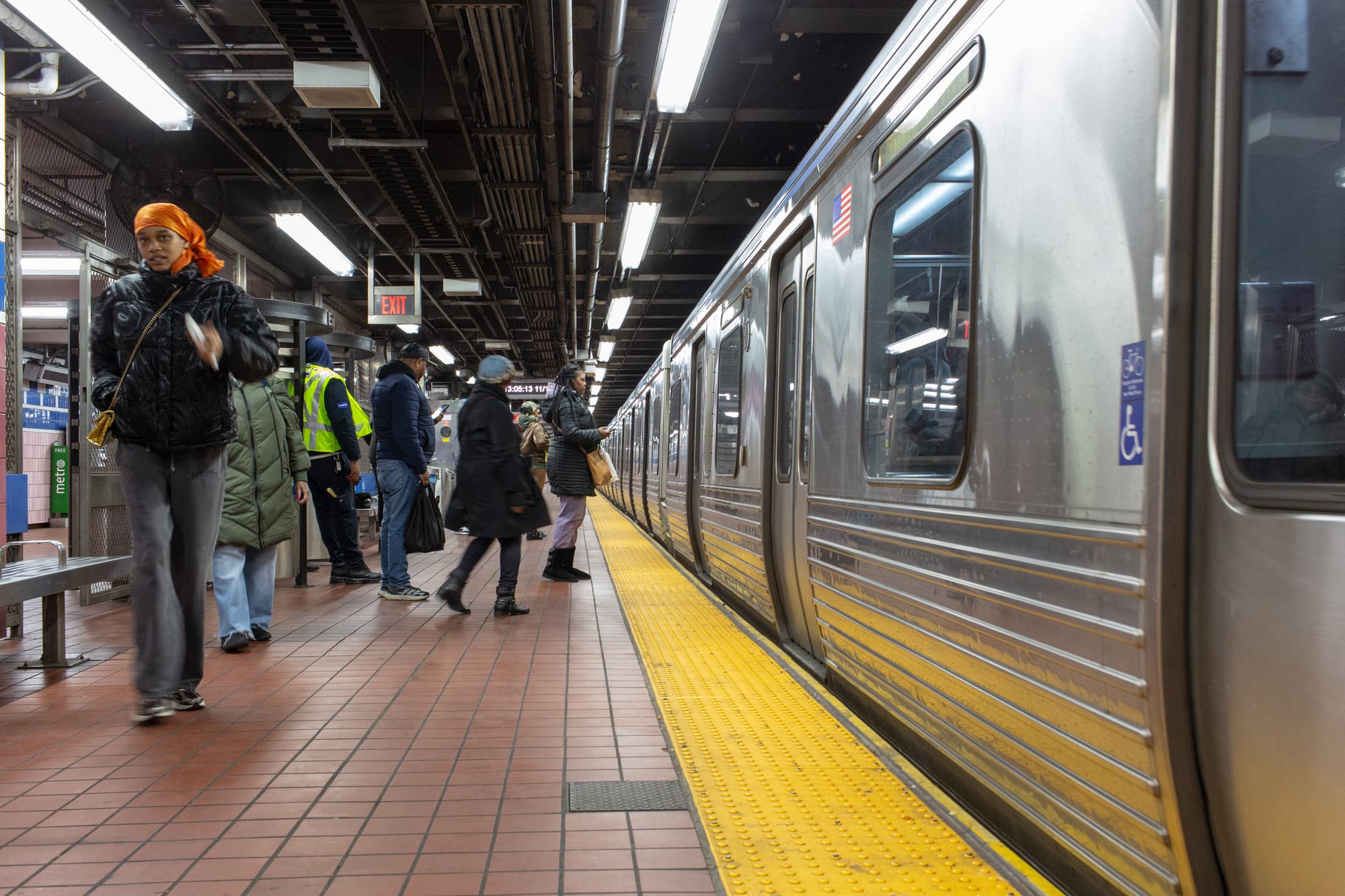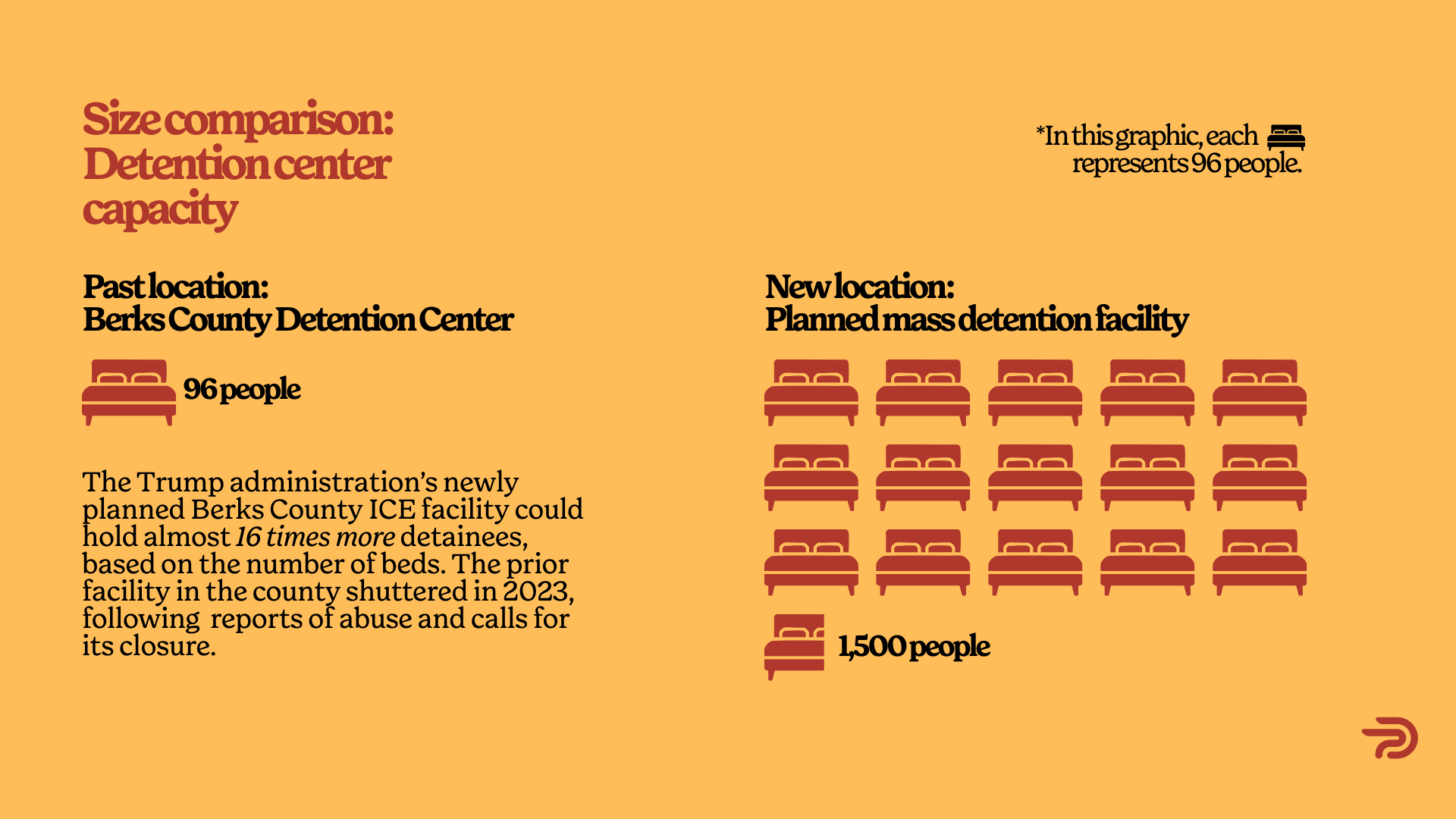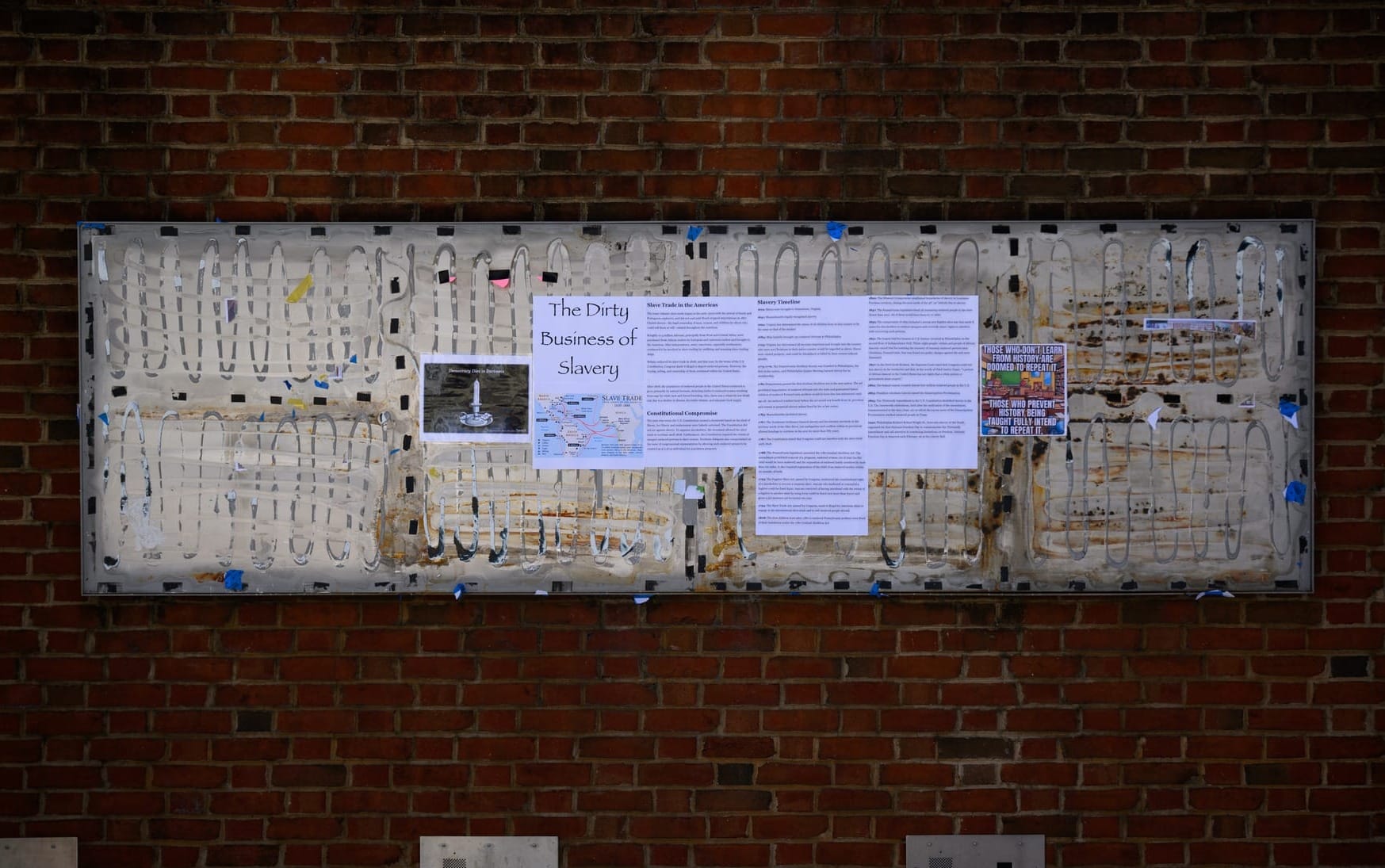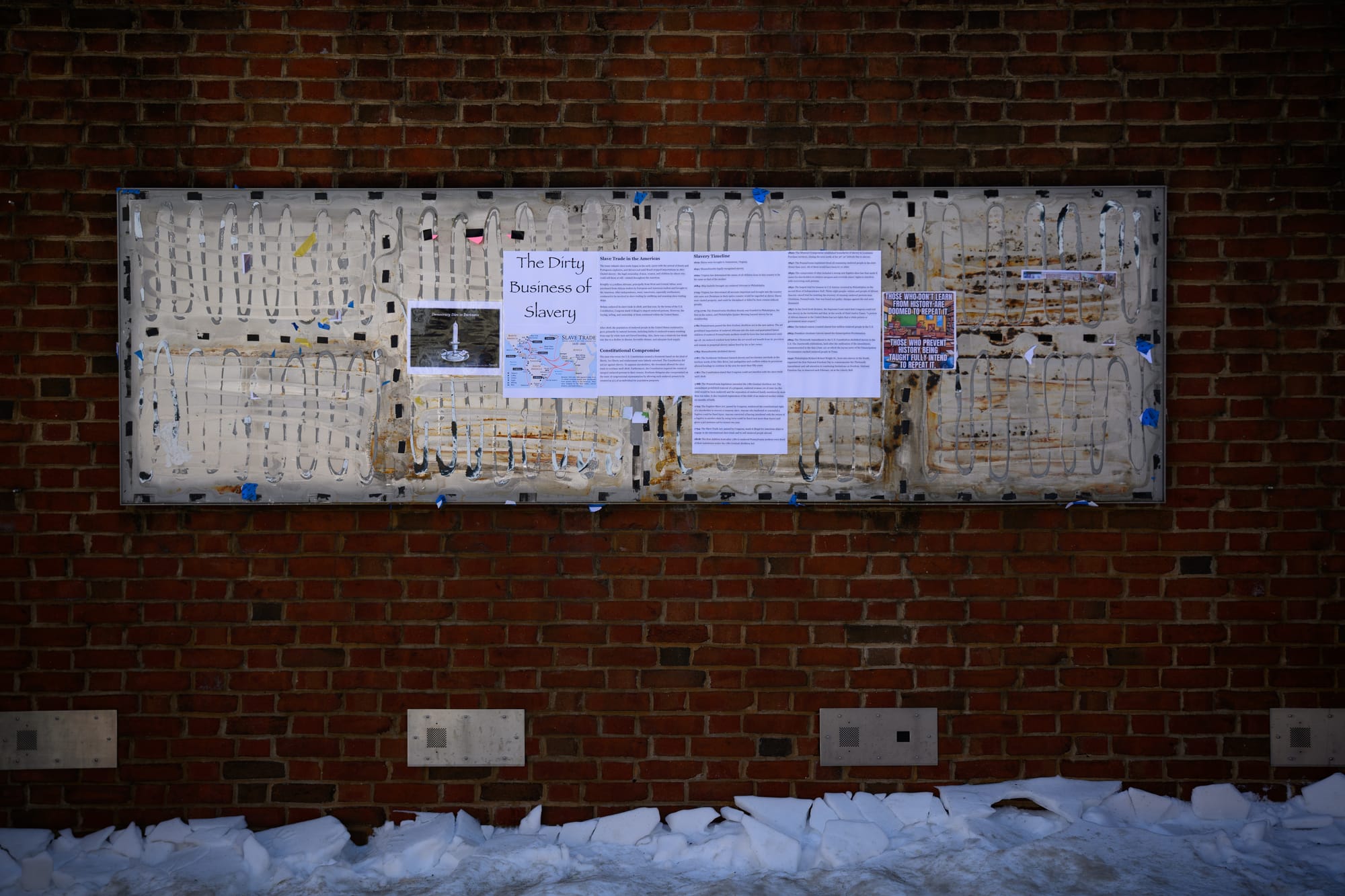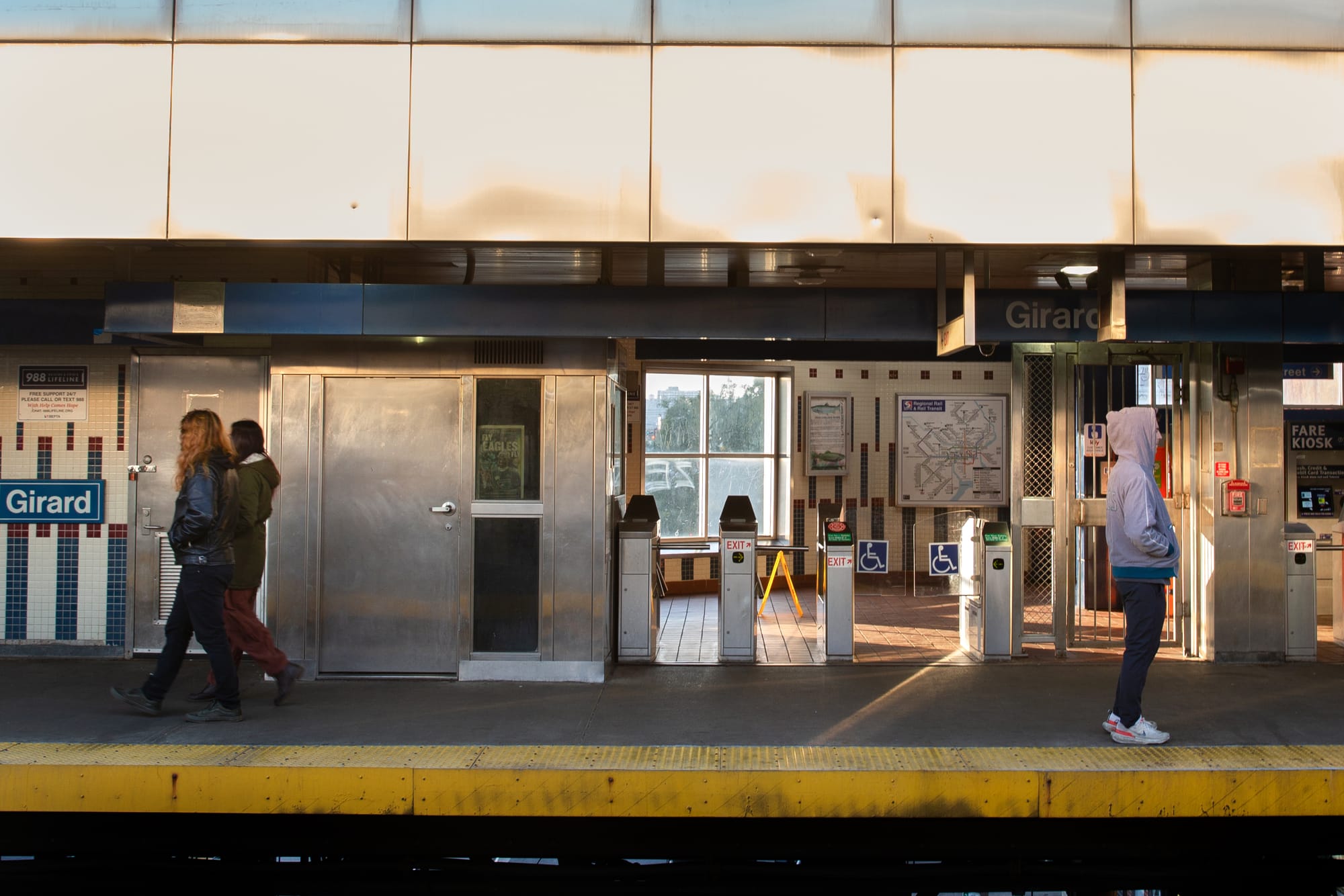I Am Shocked at How Cruel Trump's Bill is to Philadelphia
When President Trump signed his sweeping new spending legislation into law, he presented it as a victory for fiscal responsibility. The "One Big Beautiful Bill," as it’s been dubbed, promises trillion-dollar savings through deep cuts to programs like Medicaid and SNAP.
When President Trump signed his sweeping new spending legislation into law, he presented it as a victory for fiscal responsibility. The "One Big Beautiful Bill," as it’s been dubbed, promises trillion-dollar savings through deep cuts to programs like Medicaid and SNAP.
But beneath the rhetoric of efficiency and self-reliance, lies a troubling reality for thousands of Philadelphians. At the start of summer, I wrote a column where I predicted, based on policy reports from the Congressional Budget Office, the severe impacts of Trump’s bill. Turns out, this bill was much worse than I and other policy experts had expected.
This bill is poised to unravel the fabric of support on which many in this city depend. For Philadelphia, where nearly a quarter of residents live below the poverty line, the new law's provisions threaten widespread hardship. Approximately 310,000 Pennsylvanians stand to lose Medicaid coverage.
For many of these residents, Medicaid is more than just insurance; it is a lifeline, offering access to preventive care, chronic disease management, and mental health support. In neighborhoods like North Philadelphia and Kensington, where health outcomes already lag far behind state averages, these cuts mean fewer regular checkups, less treatment for diabetes and asthma, and greater reliance on emergency rooms.
These consequences ripple outward. Philadelphia’s safety-net hospitals, like Temple University Hospital and St. Christopher’s, depend heavily on Medicaid reimbursements. As patients lose coverage, hospitals will see an increase in uncompensated care, straining their finances and threatening services critical to the community. Clinics providing prenatal care, addiction treatment, and mental health services will struggle to keep their doors open, leaving gaps in care that affect the entire city.
But Medicaid is just one part of the equation. The bill’s severe reductions to SNAP, commonly known as food stamps, are equally alarming. Approximately 144,000 Pennsylvanians face losing their SNAP benefits, with tens of thousands of them living right here in Philadelphia. This is not an abstract number; it is a reality felt in kitchens and schools across the city.
Philadelphia already has one of the highest child food insecurity rates among major American cities, with nearly one in five children lacking reliable access to adequate meals. Reducing SNAP will push families toward food pantries that are already overwhelmed, or force parents into impossible choices between food, rent, and medicine.
The bill’s defenders argue that work requirements tied to SNAP and Medicaid are essential to encouraging self-sufficiency. But this argument misunderstands the realities facing many Philadelphians. Most adults receiving SNAP already work, often in jobs that offer inconsistent hours, no benefits, and wages too low to reliably pay rent and groceries. Others are caretakers, students, or individuals with disabilities who simply cannot meet these stringent new requirements. In reality, these provisions do not promote employment; they punish vulnerability.
Governor Josh Shapiro rightly described the bill’s passage as Pennsylvania being "screwed." The state stands to lose nearly $800 million in federal aid, much of it targeted at Philadelphia. Such cuts do not just affect the individual recipients. They have a destabilizing impact on local economies, as less federal money circulates through grocery stores, pharmacies, and healthcare providers. The city’s fragile economic recovery, still healing from the pandemic's aftermath, risks slipping backward.
The politics of austerity at play in Washington may appeal to a certain fiscal sensibility, but they fail the basic test of governance. Programs like SNAP and Medicaid are not excesses to be trimmed; they are investments in public health and social stability. In Philadelphia, these programs represent a collective acknowledgment that poverty is not merely a personal failing but a condition shaped by decades of systemic inequality. Removing this support doesn’t create independence; it deepens cycles of poverty.
Some may argue that local governments or philanthropic organizations should step in to fill the void left by federal retreat. But Philadelphia’s city budget cannot absorb hundreds of millions in lost federal aid without cuts elsewhere. Nonprofits and food banks provide essential services, but they cannot match the scale or reach of federal programs. Charity cannot be the foundation of food security and healthcare in one of America’s largest cities.
Philadelphia now stands at a crossroads. The impact of this bill will test the city’s resilience and compassion. It will reveal how much residents are willing to support their neighbors when federal policy fails them. But relying solely on community goodwill is not a sustainable answer. Federal programs like Medicaid and SNAP exist precisely because poverty and hunger are collective problems, demanding collective solutions.
Ultimately, the "One Big Beautiful Bill" promises Philadelphia less a vision of fiscal responsibility and more a harsh reality of increased hunger, diminished health, and deepened economic uncertainty. The federal government has retreated, and now the city must grapple with the consequences.
The real measure of a society is how it treats its most vulnerable members. By that measure, Philadelphia—and indeed the nation—deserves better than this bill offers.

